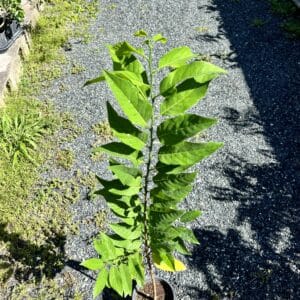
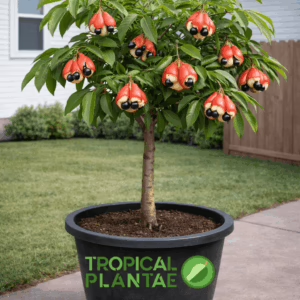
Acerola (Malpighia emarginata) Live Tropical Fruit Plant – Fast Growing – USDA Certified
$39.99 – $49.99Price range: $39.99 through $49.99
The Acerola tree, scientifically known as Malpighia emarginata, is a vibrant tropical fruit tree that brings color, energy, and long-term enjoyment to any garden from the moment it is planted. Choosing an acerola tree today means that tomorrow your outdoor space already feels more alive and productive. This is a tree that grows with enthusiasm and responds quickly to care, making it especially rewarding for anyone who enjoys seeing visible progress and meaningful results in their garden.
From the first day in your yard, the acerola tree adds a fresh tropical presence. Its glossy green leaves and compact growth habit create an inviting look that fits beautifully in backyards, patios, and home orchards. Tomorrow, when you step outside and see the tree settling into its new home, you’ll notice how it enhances the atmosphere around it. It becomes part of your daily view, adding structure and brightness that makes your outdoor space feel intentional and well cared for.
As the acerola tree matures, it develops into a dense, attractive plant with a rounded canopy that adds texture and balance to your landscape. Watching it grow becomes part of your routine, offering moments of calm and satisfaction as new leaves and branches appear. Tomorrow begins that connection, where small signs of growth turn into steady development over time. The tree becomes a living reminder that what you plant today continues to improve your environment.
One of the most exciting aspects of the acerola tree is its flowering and fruiting cycle. Delicate pink to light red flowers appear throughout the year in warm climates, followed by clusters of small, bright red fruit. Planting the tree now means that in the future you’ll enjoy seeing fruit form frequently, creating ongoing anticipation and enjoyment. Harvesting acerola cherries from your own tree adds meaning to everyday moments and makes your garden feel productive and purposeful.
Beyond fruit production, the acerola tree adds lasting value to your outdoor space. Its evergreen foliage keeps your garden looking lush year-round, while its manageable size makes it easy to incorporate into different garden designs. Tomorrow, it is a young tree full of promise. Over time, it becomes a dependable and beautiful feature that enhances the overall feel of your home.
The acerola tree thrives in warm, sunny climates and adapts well to well-draining soil. With simple care during its early stages, it grows quickly and becomes easy to maintain. Tomorrow begins a routine of watering and observation. Over time, that routine becomes something you look forward to, as the tree consistently responds with growth and seasonal changes.
Owning an acerola tree also changes how you interact with your garden. It encourages you to spend more time outdoors, appreciate natural cycles, and enjoy the process of nurturing something that gives back. The tree becomes part of your home’s story, growing alongside your space and becoming associated with moments spent outside.
The acerola tree is well suited for both ground planting and large containers, offering flexibility for different living situations. Its compact nature allows it to fit comfortably in smaller gardens while still delivering a strong tropical presence. This versatility adds to its appeal and long-term usefulness.
In summary, planting an Acerola tree (Malpighia emarginata) is a decision that improves your life starting tomorrow and continues rewarding you for years. Tomorrow you gain a lively tropical presence that enhances your garden. Over time, you gain a productive, attractive tree that brings color, growth, and ongoing enjoyment to your outdoor space. The acerola tree represents vitality, productivity, and long-term satisfaction, making it an excellent addition to any warm-climate garden or home orchard.
| Weight | 10 oz |
|---|---|
| Dimensions | 22 × 4 × 4 in |
| Tree size |
1’-2’ feet ,2’-3’feet |

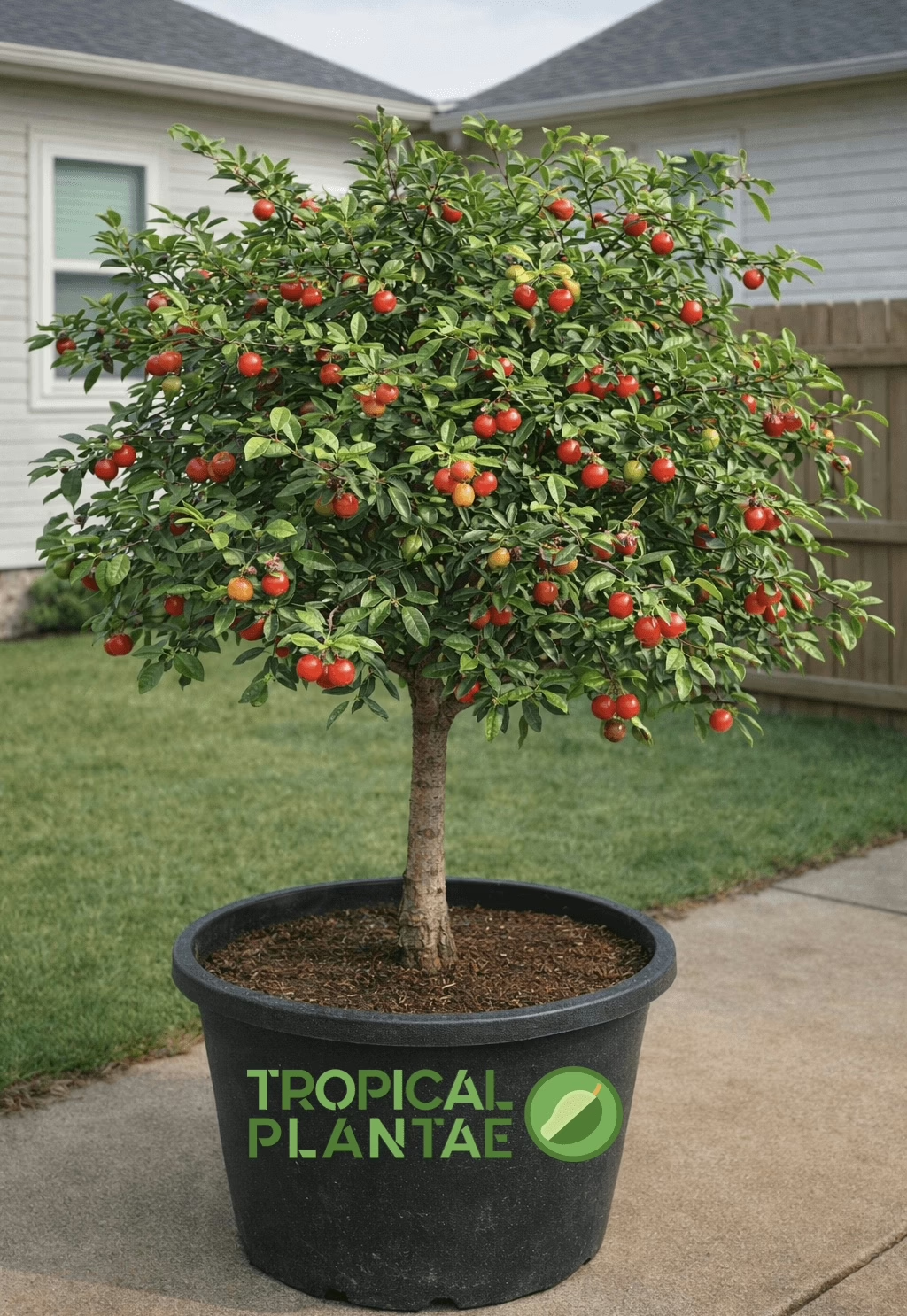
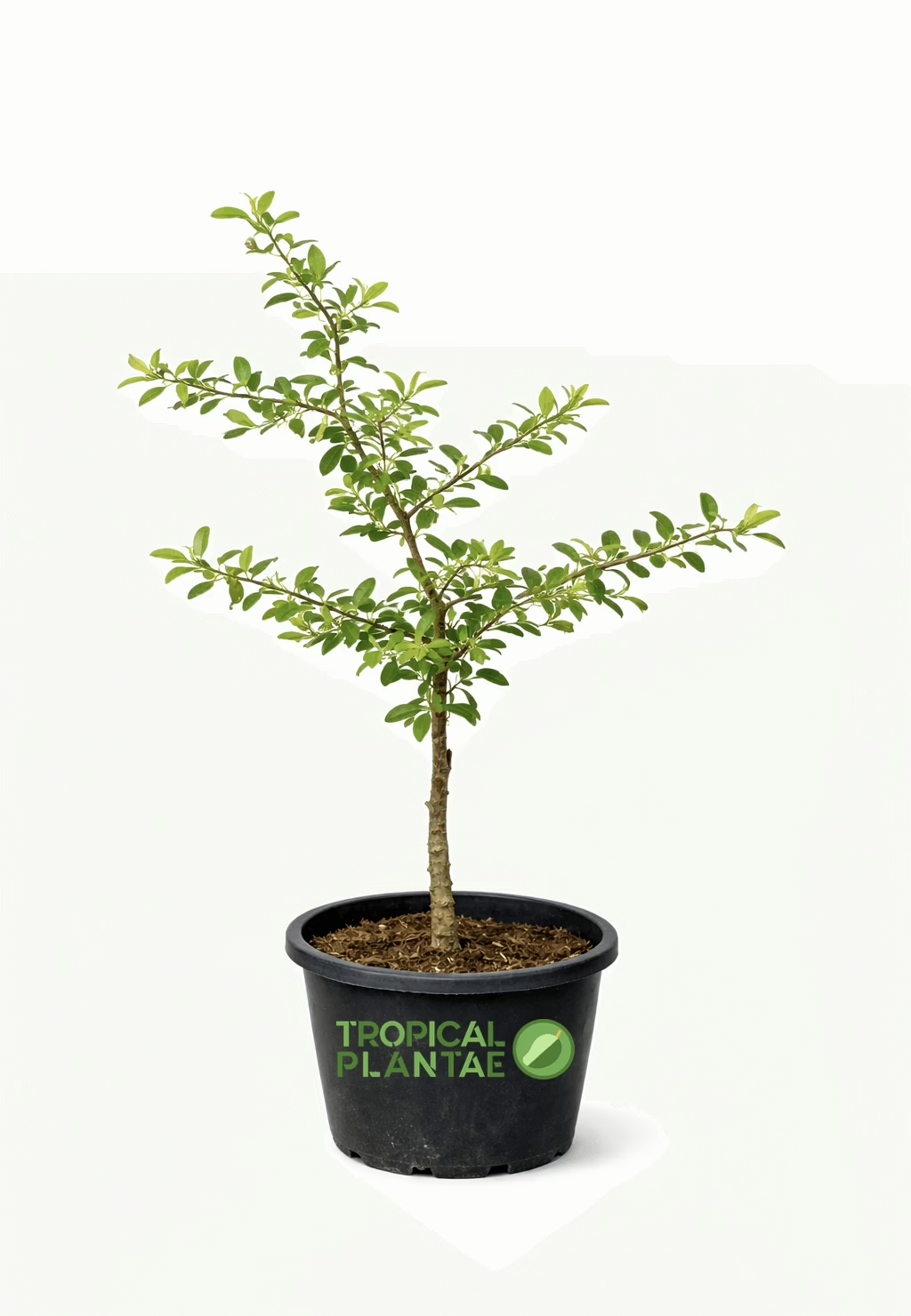
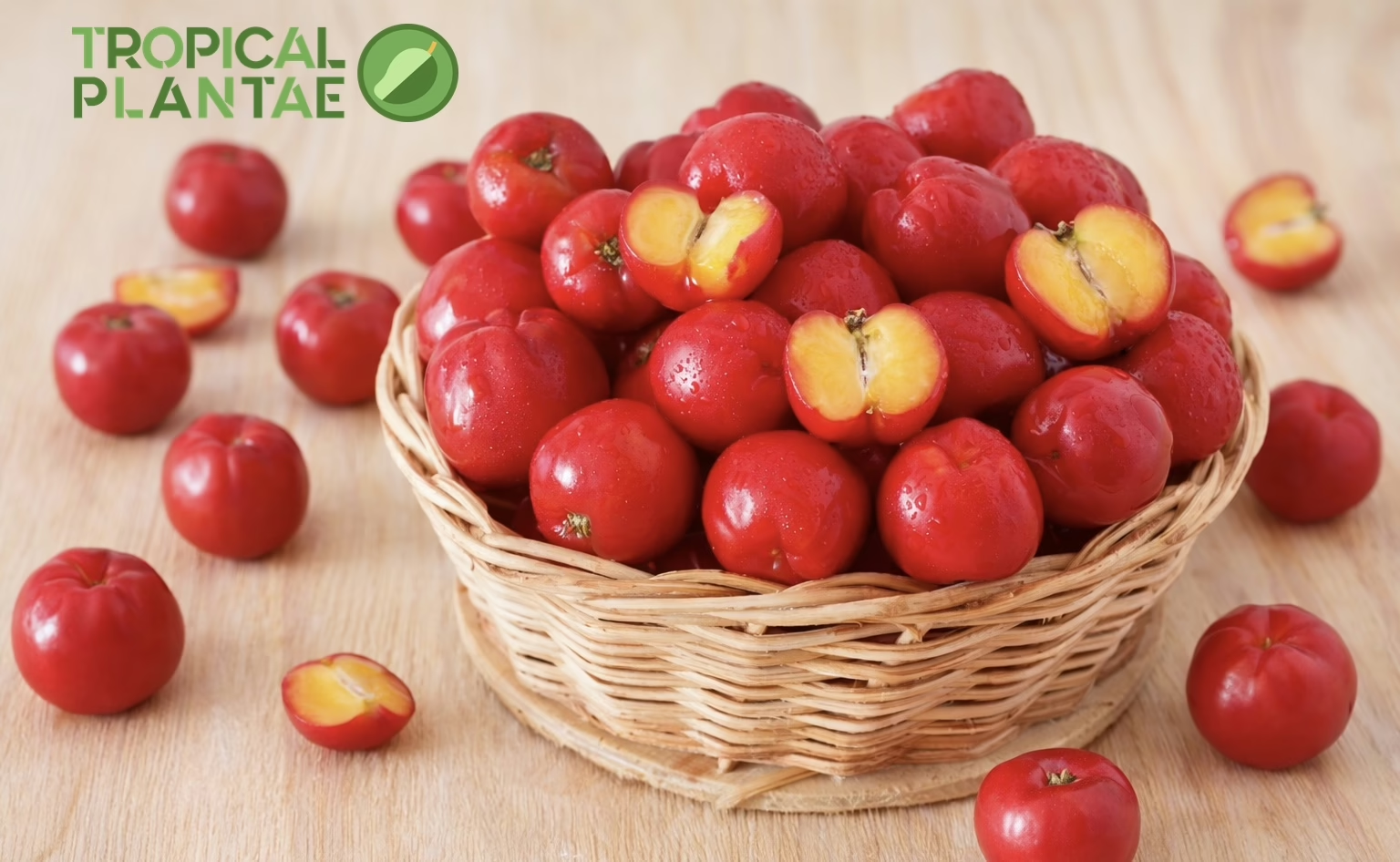
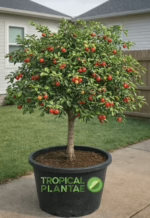
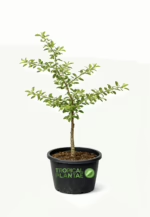


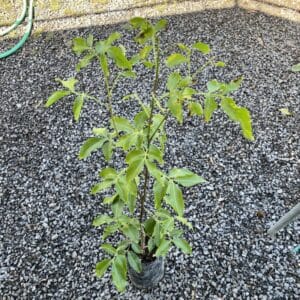
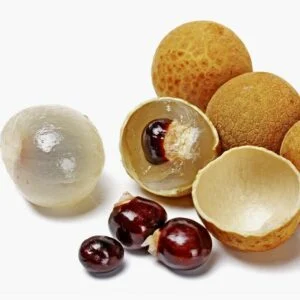
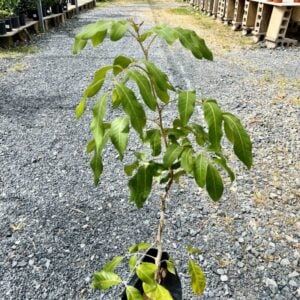


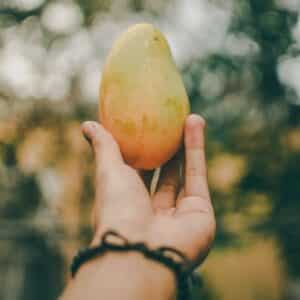

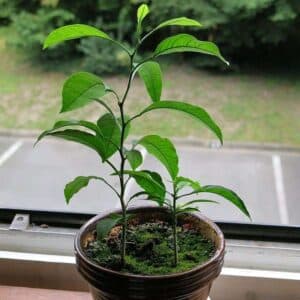



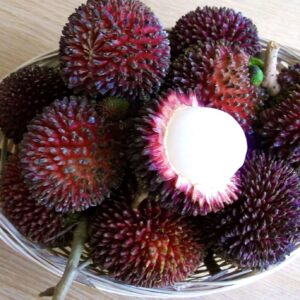
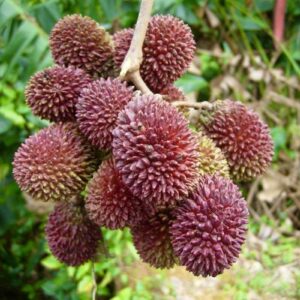

Jeidy2401 –
Beautiful plant is already healthy I bought it two months ago and it is very big and strong and healthy I recommend this seller the shipment is punctual very helpful I answer all my questions